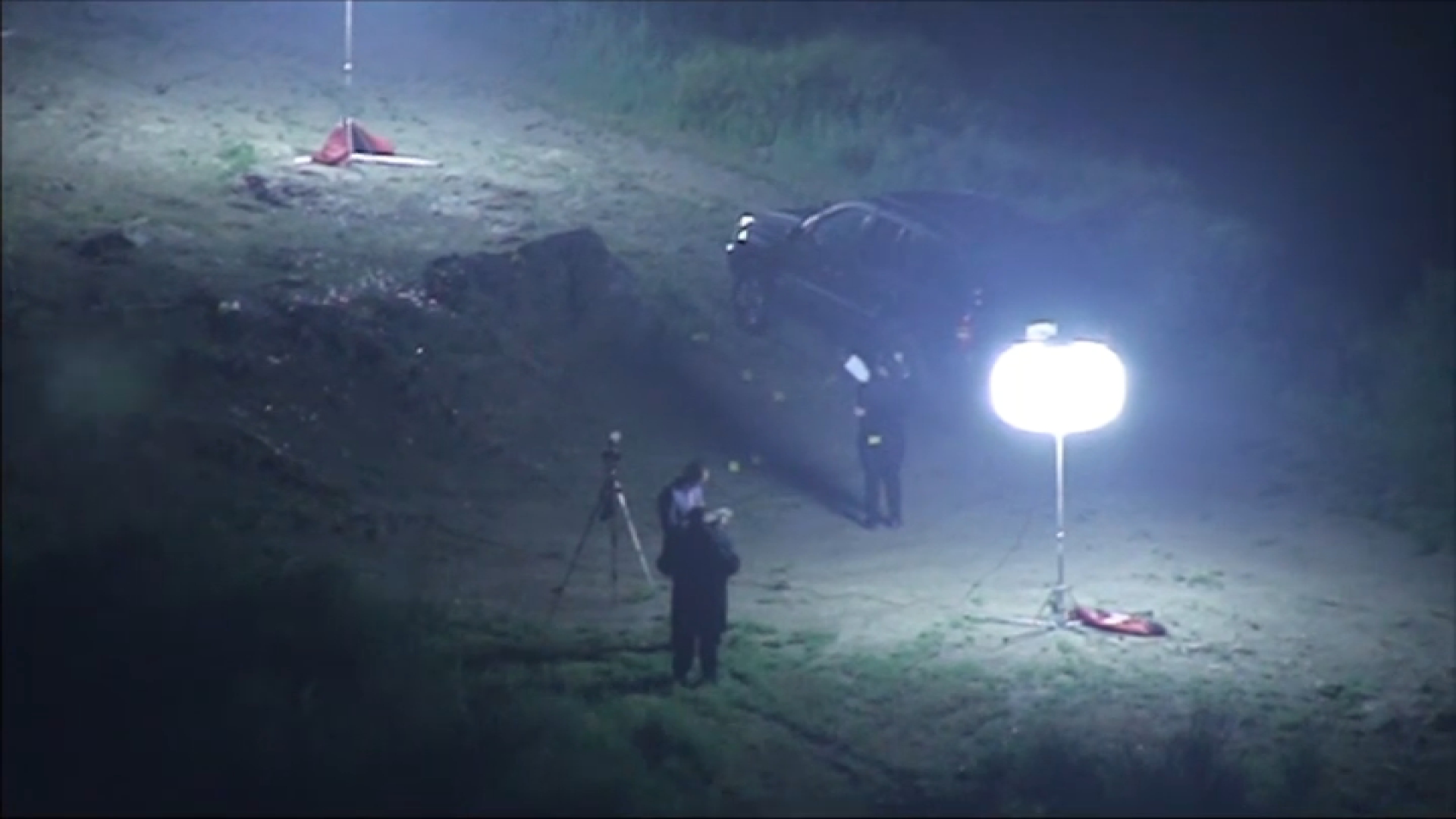The three children of an Anaheim man who was killed when he became entangled in a rock crushing machine at a Riverside County materials recycling plant in 2013 were collectively awarded $30 million from the maker of the device on Monday.
A Los Angeles Superior Court panel deliberated for about 1 1/2 days before reaching its verdict in trial of the products liability suit brought against North Dakota-based General Equipment & Supplies Inc. on behalf of the children of Rolando Anaya. His two sons are currently 17 and 11 years old and his daughter is now 14. The suit was filed in September 2015 by their mother, Eliza Perez.
Anaya, 34, was killed on Oct. 7, 2013, when he became entangled in the tail pulley and conveyor belt of the machine at the R.J. Noble Co. materials recycling plant in an unincorporated area near Corona while cleaning debris and loose rock as part of his duties as a groundsman.
"The family is pleased that justice has been done," said plaintiffs' attorney Donald Liddy, who had recommended a $45 million award.
"California will not tolerate workers being exposed to dangerous machines in the workplace."
The jury found General Equipment to be 70 percent responsible for Anaya's death and R.J. Noble 30 percent responsible. General Equipment attorney John Kaniewski said the jury's verdict means that the amount his client will have to pay based on the verdict is $21 million because of the reduction for R.J. Noble's negligence.
Kaniewski said the total will be reduced further because of a settlement the plaintiffs reached with another defendant before trial, but added he could not comment on the amount of the settlement.
News
Top news of the day
Kaniewski said he was still disappointed with the verdict and that an appeal will be made on a number of legal issues. He had recommended that the jury, if inclined to assess damages, award a collective total of no more than $3 million to the children.
R.J. Noble was not a party in the underlying lawsuit and will not have to pay the plaintiffs anything.
According to Liddy, the area below the tail pulley of the machine's conveyor belt did not have a protective guard or a mechanism in place that would have shut the motor off automatically without the guard in place, much like a clothes dryer stops running when the door is opened.
There also were no pull cords or other safety devices that would have allowed Anaya to stop the machine immediately in an emergency, according to Liddy, who said the device had a design defect that made the machine less safe.
Jury foreman Javier Cenizo, 51, of Pasadena, said the majority of the panelists all agreed on the safety issues raised by Liddy.
"I just hope the manufacturer does a better job in designing the machine," Cenizo said.



